

2018-08-23 11:34:00 Thu ET
federal reserve monetary policy treasury dollar employment inflation interest rate exchange rate macrofinance recession systemic risk economic growth central bank fomc greenback forward guidance euro capital global financial cycle credit cycle yield curve
Harvard financial economist Alberto Cavallo empirically shows the recent *Amazon effect* that online retailers such as Amazon, Alibaba, and eBay etc use fast multi-channel pricing algorithms to determine the retail prices of consumer goods and services. As online purchases now account for a much greater share of total retail sales, the Cavallo study shows that the average duration of American retail prices at Amazon and Walmart significantly declines from 6.5 months to 3.7 months. For central bankers and monetary policymakers who often monitor transitional inflation dynamism from time to time, retail prices are subject to more frequent adjustments with less insulation from common nationwide shocks. Amazon, Alibaba, and eBay etc can now use smart retail-pricing algorithms to take into account energy prices, exchange-rate fluctuations, and other forces that might affect both production and delivery costs.
This important empirical evidence shakes confidence in the conventional notion of sticky prices that sellers often cannot adjust retail prices or menu costs right away in response to systemic changes in aggregate macroeconomic demand and supply. For better monetary policy conduct, the Cavallo study demonstrates that our macro focus needs to move beyond nominal price rigidities in dynamic stochastic general equilibrium (DSGE) sticky-price macro models. Labor market frictions, information asymmetries, and even behavioral inattention costs tend to disappear, or at least decrease in relative importance, as more online retailers apply smart algorithms to price consumer goods and services.
This core implication poses a conceptual challenge to the New Keynesian Phillips Curve (NKPC) that depicts an inverse link between inflation and unemployment at least in the short run. The U.S. economy can revert to the long-run steady state at a faster pace as the Amazon effect induces more frequent retail price adjustments toward dynamic equilibrium values.
U.S. core inflation excludes both food and energy prices and hovers around 2% in mid-2018. As the economy operates near full employment with fresh inflationary momentum, the tech-savvy adoption of smart algorithms can drive fast and volatile retail price adjustments. The Federal Reserve thus has to consider further interest rate hikes to curtail inflation. In light of Trump tax cuts, infrastructure expenditures, and tariffs on imports from China, Canada, Europe, Japan, and Mexico etc, this monetary policy coordination accords with the Federal Reserve's congressional dual mandate of both maximum employment and price stability.
If any of our AYA Analytica financial health memos (FHM), blog posts, ebooks, newsletters, and notifications etc, or any other form of online content curation, involves potential copyright concerns, please feel free to contact us at service@ayafintech.network so that we can remove relevant content in response to any such request within a reasonable time frame.
2025-07-01 13:35:00 Tuesday ET
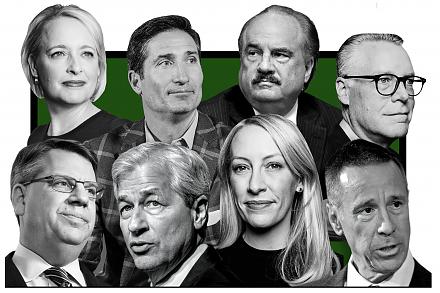
In recent times, financial deglobalization and asset market fragmentation can cause profound public policy implications for trade, finance, and technology w
2019-09-07 17:37:00 Saturday ET
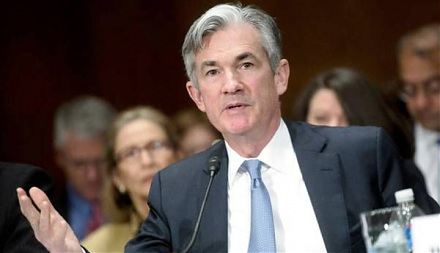
Federal Reserve Chair Jerome Powell announces the monetary policy decision to lower the federal funds rate by a quarter point to 2%-2.25%. This interest rat
2025-02-02 11:28:00 Sunday ET
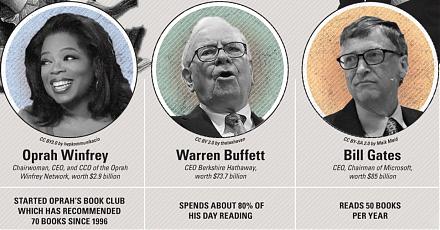
Our proprietary alpha investment model outperforms most stock market indexes from 2017 to 2025. Our proprietary alpha investment model outperforms the ma
2018-04-23 07:43:00 Monday ET
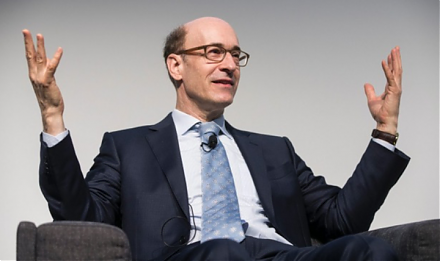
Harvard professor and former IMF chief economist Kenneth Rogoff advocates that artificial intelligence helps augment human productivity growth in the next d
2019-10-15 09:13:00 Tuesday ET
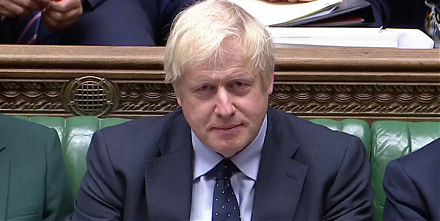
U.K. prime minister Boris Johnson encounters defeat during his new premiership. The first major vote would pave the path of least resistance to passing a no
2019-03-31 11:40:00 Sunday ET

AYA Analytica free finbuzz podcast channel on YouTube March 2019 In this podcast, we discuss several topical issues as of March 2019: (1) Sargent-Wallac